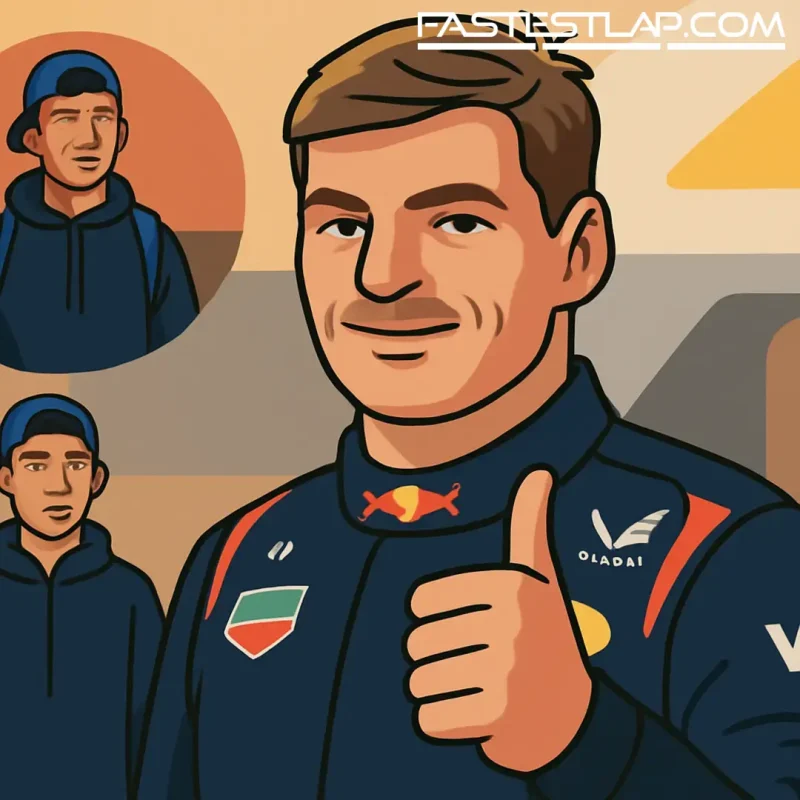Alex Albon knows the feeling: walking into Red Bull six months into an F1 career, staring across the garage at Max Verstappen and realising there’s nowhere to hide.
Speaking on the BBC’s Chequered Flag podcast after Baku, Albon was candid about the spell that made – and nearly broke – a few talented drivers. “In hindsight, I was in a predicament when I joined Red Bull,” he said. “I had a car I wasn’t comfortable with, and I didn’t have the experience to get myself out of it. My maturity as a human being wasn’t there to understand how to get out of that situation.”
He’s not alone. Red Bull’s post-2018 hunt for Verstappen’s wingman has read like a revolving-door script: Pierre Gasly up, then down; Albon promoted mid-rookie season in 2019, then moved aside after 2020; Sergio Perez peaking and troughing before leaving at the end of 2024; Liam Lawson flashing briefly across two races; and now Yuki Tsunoda in the hot seat with questions swirling over his future. It’s a long list of good drivers made to look merely mortal by one constant factor.
Albon doesn’t sugarcoat it: the constant is Verstappen. “On the other side of the garage, you’ve got arguably the best driver that’s driven a Formula 1 car,” he said, calling it “a big statement” but standing by it. The Dutchman’s party trick? “He can drive a car that’s not comfortable to drive… he can hide a lot of problems.”
If that sounds like a sympathy card for Tsunoda, it is, a little. Albon admits he’s been in regular contact with the Japanese racer, offering advice as the pressure rises. “I speak with Yuki a lot, and try to help him in any way I can,” he said. And it seems some of that counsel is landing.
Baku was a timely response. While Verstappen chalked up back-to-back wins, Tsunoda banked P6 and, more importantly, the kind of pace his team had been desperate to see. “I think it’s his best race with us this year,” Racing Bulls team boss Laurent Mekies said. “Strong in qualifying; very strong in the race. He was sometimes two, sometimes three, sometimes four-tenths away from Max. And Max was pulling away from everyone with that pace, so it was very, very serious.”
That’s the line that matters inside Red Bull’s ecosystem: serious pace. Not hanging on. Not tyre whispering to cover a deficit. Pure lap time. “We thought he’d have to defend very hard against McLaren and Ferrari to help with Max chasing the win, and he didn’t have to defend,” Mekies added. “He was there on merit. Lando stayed behind him and didn’t put much pressure on him.”
There are seven rounds left for Tsunoda to turn a good day into a convincing trend. The shadow he’s racing isn’t just Verstappen’s—Isack Hadjar’s rookie form with Racing Bulls has made him the obvious option if Red Bull decides it needs to reset the second seat again. This is the part of the story that tends to repeat: a talent shows promise, the stopwatch ticks, and the decision gets made with trademark Red Bull speed.
Albon’s own escape route was to leave the spotlight and rebuild. Williams gave him the room to grow; he gave them points and credibility in return. From that vantage point he can finally say what many inside the paddock whisper: Verstappen’s baseline is so high, so adaptable, that it skews the picture. Comparing teammates to him is less a yardstick and more a yard of concrete.
The trick for Tsunoda is to ignore the aura and keep delivering weekends like Baku—clean qualy, hard race pace, no drama. Do that and Red Bull might pause the carousel. Fail, and the machine keeps turning.
Albon’s hindsight doesn’t change the past. But it explains the present rather well.




